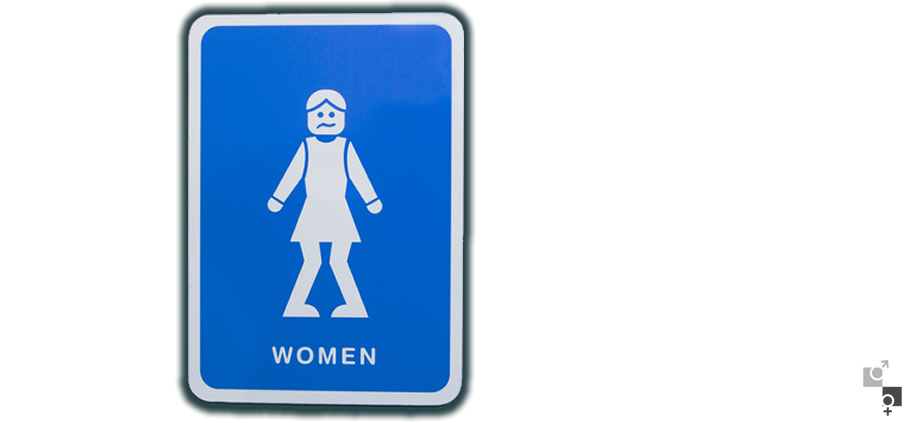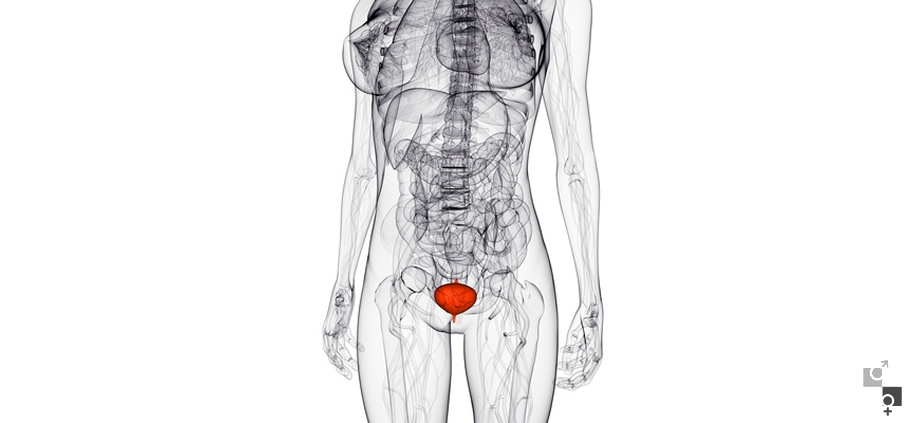Urinary Incontinence – Male/Female
Urinary incontinence is a condition in which there is unwilling leakage or loss of urine from the urethra, either continually or intermittently. Incontinence is not a disease, but rather a result or symptom of another medical problem, consequently the focus during the examination of a patient suffering from incontinence is on the identification of the incontinence type and its real cause. Urinary incontinence is categorized into:
- •Stress Incontinence
It is the involuntary loss of urine upon increase of the intra-abdominal pressure (cough, laughter, childbirth, menopause etc.). It occurs to 5-7% of the female population. The main damage is caused by the loss of the normal urethral resistance (outer sphincter failure) due to improper support of the bladder neck and the urethra. video video2
- •Urgent Incontinence
As such is defined the involuntary loss of urine after intense urge to urinate and inability to voluntarily suspend detrusor contraction. It can occur after urinary tract infections, bladder stones, radiotherapy exposures of the area etc. video video2
- •Over-flow Incontinence
It occurs when the intraabdominal pressure exceeds the maximum urethral resistance. The causes of this condition may be the use of certain medications, diabetes mellitus, or a surgical operation in the pelvis etc.
- •Total Incontinence
It is the incontinence type which can occur all the time and under any conditions. video video2
- •Mixed Type Incontinence
It is the co-existence of two types of incontinence in the same patient. video video2
Male incontinence of urine in the majority of cases is due to
- •Incontinence after prostatectomy video video2
- •Incontinence due to injuries of the pelvis video video2
- •Incontinence due to acquired neurological conditions video video2
- •Incontinence due to congenital conditions which harm the neurosis of the bladder and the urethra.
Another type of incontinence is Enuresis (Bedwetting), the involuntary urine loss in bed during the night, and we refer to persons of 3 years of age and older. In 50% of the cases, the cause of this phenomenon is a developmental delay or a neurogenic bladder dysfunction. In 30% of the cases there is a psychogenic cause and the remaining 20% is the result of another condition.
Women are more prone to developing incontinence than men, with the possibilities to increase with age.
Urine incontinence also has a psychological and social impact on the people who face this problem and has a negative effect in their quality of life. There is a decrease in their social activities, decreased sexual desire, shame, lack of self-confidence, and in many cases depression.
Urine incontinence can be cured, and the therapeutic methods vary according to the type of the incontinence and the disease that causes it.



